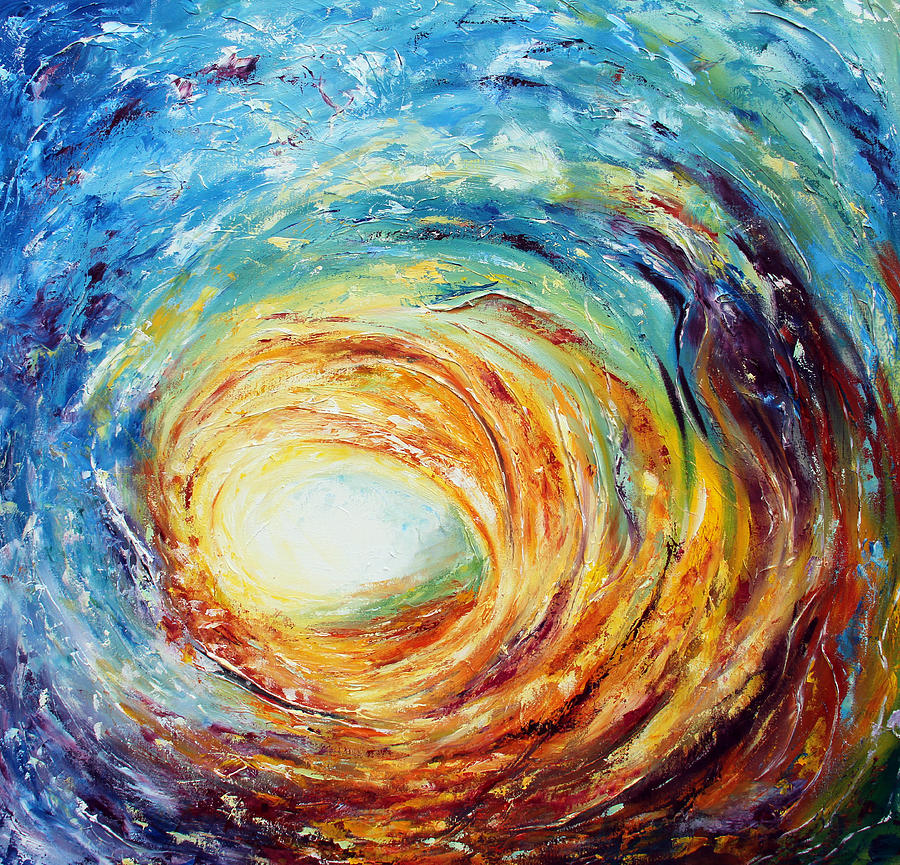
1. Our very good reasons why we have banished the term of overwhelmedness from the dictionaries of our time. Nowadays we don’t like being overwhelmed. According to the dictionary, overwhelmedness is „being shocked/shaken caused by a distressing circumstance or a disaster”. The synonyms of overwhelmedness are shock, trauma, grief, consternation, indignation, amazement. Well… It is not a comforting list… If we do not want to be shaken, would it mean that we would like to be unshakable? I wouldn’t believe that this is the public opinion. Warriors of the Middle Ages, the epic heroes should be unshakable. We don’t want to deal with this ‘overwhelmedness thing’. We would like to be happy again together. We have been deprived enough from joy – years in advance. (If you would like to know more about this, please read my essay here.)

2. About the benefits of overwhelmedness. "Shock, trauma, grief, consternation, indignation, amazement" – what do they have in common? The root cause of overwhelmedness is a radically new situation. A situation, what we cannot react to as we used to. Something, what cannot be avoided, proudly refused, or swept under the carpet. Overwhelmedness happens when something radically evicts us from our comfort zones. What happens to us when we are overwhelmed? We’ve just been given a chance to learn something very new. We’ve been given a chance to improve our survivability. We’ve been given a chance to be really creative. We’ve been given a chance to have a new life… Is it such a big problem? (If you would like to know more about this, please read my essay here.)

3. About the real purpose and meaning of overwhelmedness. There is an interpretation of overwhelmedness that we do not realize nowadays. The soul’s overwhelmedness is not a conversation topic today. When does our soul become shaken? The soul’s overwhelmedness is provoked by our experience of the ultimate questions of life. Life, death, love: commitment to someone forever. What happens to our soul when it meets the ultimate questions of life? The most important experience of the shaken soul is that it is not alone. That there is Someone who wants to get connected with our soul. We feel that the overwhelmed soul meets love, don’t we? The love, what wants to give something important to our souls. Love, what wants to grow and improve our souls. The overwhelmed soul meets the inexhaustible love of Jesus and the Father. Even if it feels – lacking the necessary experience – that something so terrible has happened to it that it cannot cope with it. Now, between Easter and Pentecost, let’ think about all these – and let’s wait for, let’s ask for the possibility of overwhelmedness – because we can be enriched by it in a previously unimaginable way. (If you would like to know more about this, please read my essay here.)